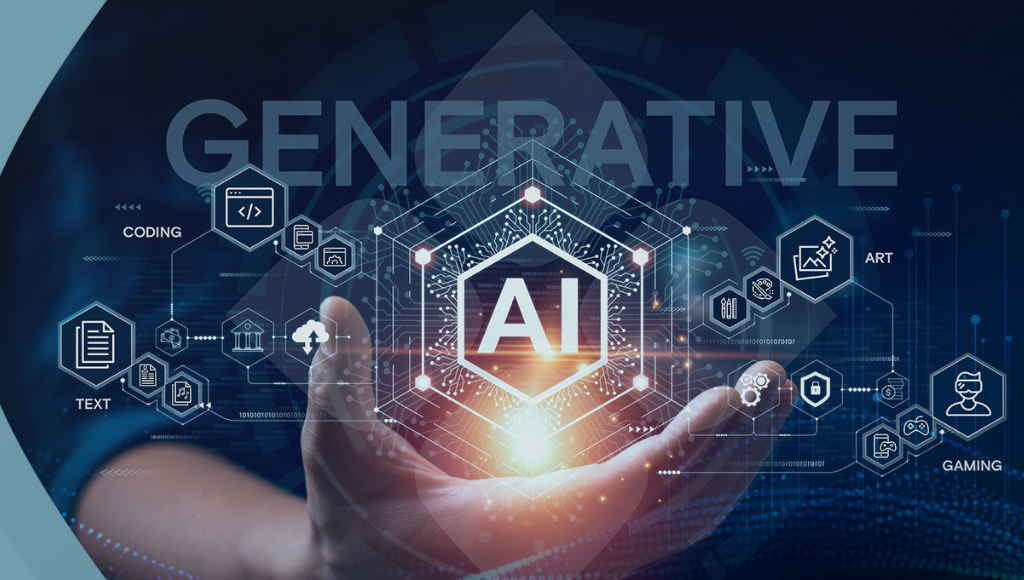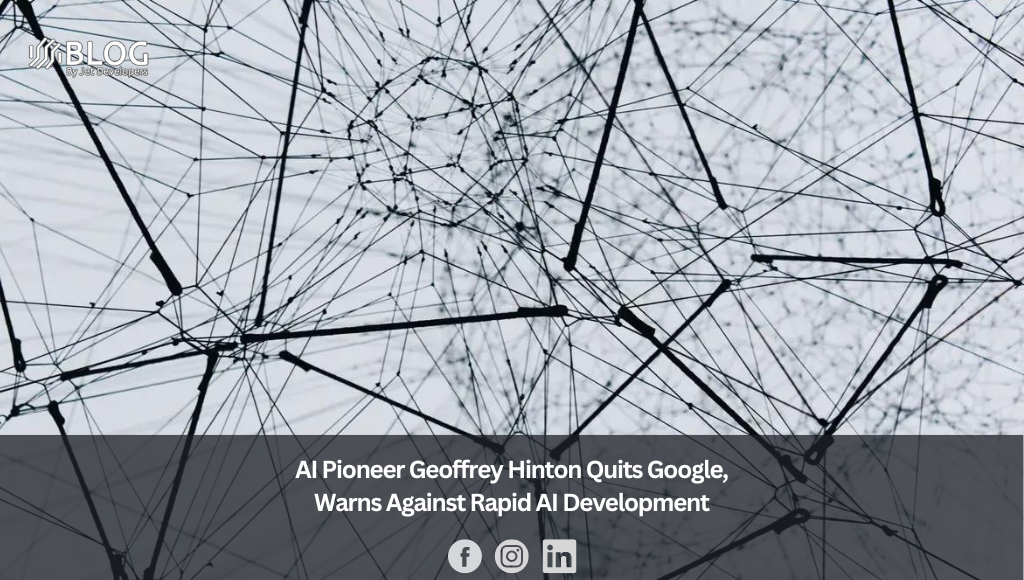Founder of Datasette, Simon Willison, believes that this is an ideal moment to venture into programming, not due to the prospect of AI taking over coding but rather because it can simplify the learning process. He asserts that large language models, contrary to rendering coding obsolete, actually flatten the learning curve. Willison emphasizes that we must not abandon the art of coding but rather harness generative AI to enhance the developer experience, regardless of one’s skill level.
Commending the “will to learn,” Willison’s insights on generative AI are highly regarded in the developer community. Another notable contributor is Mike Loukides from O’Reilly Media, known for his knack for distilling complex topics. When it comes to generative AI and coding, Loukides underscores that crafting effective prompts is a nuanced skill. He contends that to excel in prompting, one must possess expertise in the subject matter of the prompt.
The Art of Crafting Effective Prompts for Generative AI
In essence, being a proficient programmer is the key to success. Falling into the trap of thinking that AI is a repository of unparalleled wisdom, beyond human reach, can be counterproductive, warns Loukides. To effectively utilize coding tools like AWS CodeWhisperer or Google Codey, one must guide them towards producing the desired output. To instruct AI step by step in solving development issues, a deep understanding of the problem and the ability to craft precise prompts are essential.
Additionally, evaluating AI’s performance when it errs necessitates a certain level of expertise. Coding assistants are valuable for helping developers take on more ambitious projects, as Willison advocates, but they will not eliminate the need for developers to understand and generate code. Nor should we aspire for this, circling back to Willison’s initial argument.
AI’s role in learning to code is particularly beneficial for new developers or those venturing into unfamiliar languages, frameworks, or databases. Willison describes the steep learning curve, where a minor mistake like missing a semicolon can result in a perplexing error message, consuming hours to rectify. This frustration can discourage aspiring programmers, making them doubt their abilities.
Achieving Coding Confidence with AI Support
This is where AI assistants come to the rescue. Willison argues that you should not require a computer science degree to automate repetitive tasks. Language model-backed assistants like ChatGPT can streamline these tedious operations. GitHub engineer Jaana Dogan emphasizes that people often focus on code generation but overlook the utility of large language models in code analysis and other tasks. We don’t need AI to do all the work; as Willison suggests, it should handle mundane, non-critical tasks that, if left to the developer, might erode their confidence.
To embark on the journey of generative AI and software development, the key is to start small. Begin by automating simple, repetitive tasks that you understand but would rather not rewrite continuously. The time saved can be redirected towards tackling more intricate coding challenges. As your expertise grows, you can gradually automate these more complex tasks, ultimately improving your proficiency.






